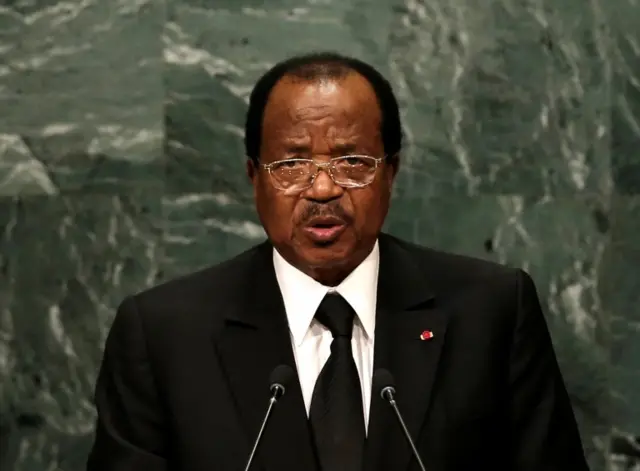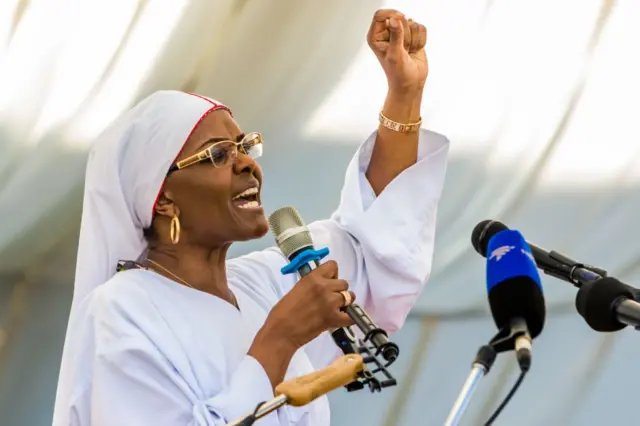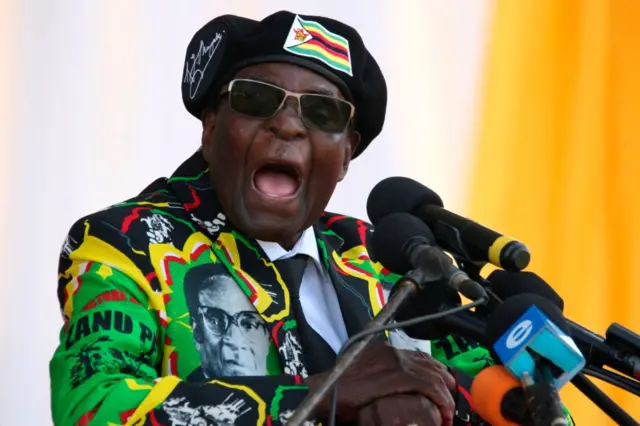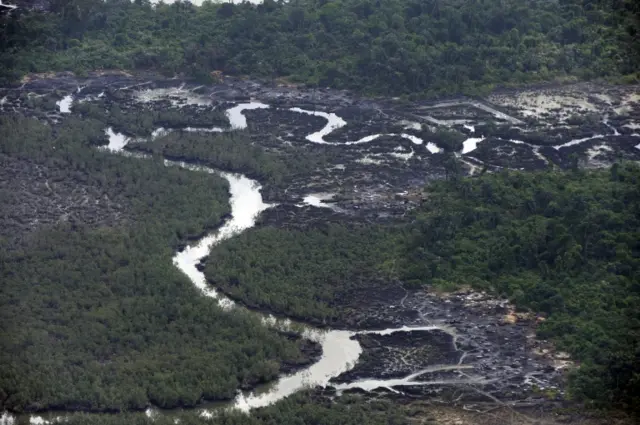At least '800,000 firms in Nigeria have never paid taxes'published at 10:02 GMT 6 November 2017
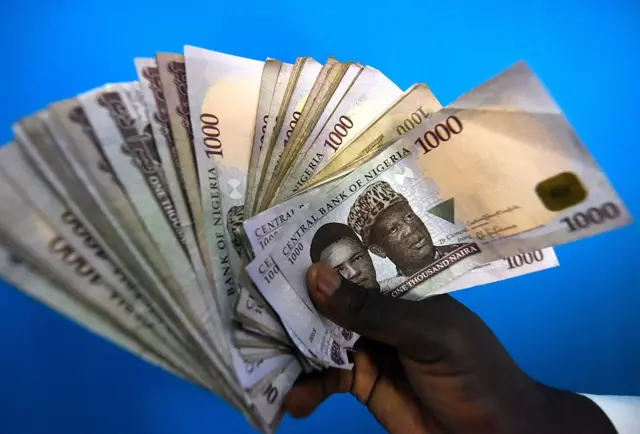 Image source, AFP
Image source, AFPNigeria's government hopes to boost its income through better tax collection
More than 800,000 companies in Nigeria, including government contractors, have never paid any taxes, Finance Minister Kemi Adeosun has revealed.
In a statement, she also said that only 14 million Nigerians, out of an economically active base of 70 million, paid taxes.
Of the 14 million, more than 95% were salary earners in the formal sector, but only 241 people paid personal income taxes amounting to about $65,500 (£50,000) in 2016, Ms Adeosun said.
There was "systematic tax evasion at all levels", and the government planned to step up efforts to increase tax collection, she added.
This would help reduce government reliance on oil revenue, Ms Adeosun said.
